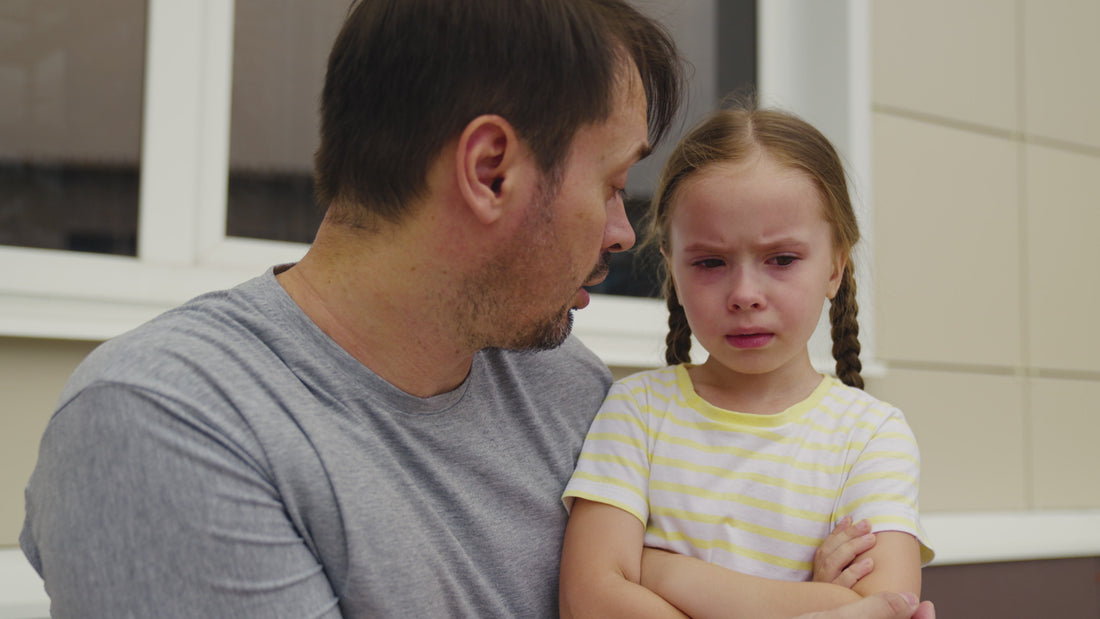In the journey of growing up, children inevitably encounter various friendships, some of which may turn toxic. As parents, it's necessary to equip our children with the tools to navigate these challenges. An effective approach is engaging our kids in open conversations about toxic friendships. Below are some ways you can foster healthy communication and support your children through these experiences.

Create a Judgment-Free Zone: Initiate discussions without casting judgment. Your goal is to understand your child's perspective and make them feel comfortable sharing their feelings and experiences. Avoid being overly critical, allowing your child to open up without fear of retribution.
Listen Actively: Active listening is a powerful tool. Pay attention to your child's words, tone, and emotions. This not only helps you grasp the depth of their experiences but also shows your child that their feelings are valid and valued.
Utilize Conversation Starters: Breaking the ice can be challenging. Introduce conversation cards or other creative tools to ease into the topic. These tools provide structure and can make discussing challenging subjects more approachable for both you and your child.
Educate on Healthy Relationships: Take the opportunity to educate your child on what constitutes a healthy friendship. Discuss the importance of mutual respect, trust, and support. This lays the foundation for them to identify toxic behaviours and understand the qualities of positive connections.
Encourage Empathy: Help your child understand different perspectives by encouraging empathy. Discuss how certain actions might impact others and explore alternative ways to handle conflicts. This fosters emotional intelligence and equips them to navigate friendships with compassion.
Establish Boundaries: Teach your child the significance of setting boundaries. Empower them to express their needs and communicate assertively within friendships. Understanding personal limits is a crucial aspect of maintaining healthy connections.
Offer Guidance, Not Ultimatums: When discussing toxic friendships, provide guidance rather than imposing decisions. Support your child in making choices while respecting their autonomy. This collaborative approach strengthens the parent-child relationship and builds trust.
Talking to your children about toxic friendships is an ongoing process that requires patience, empathy, and understanding. By fostering open communication, you empower your children to navigate their social circles with confidence and resilience. Utilize conversation tools, actively listen, and provide guidance to create a supportive environment where your child feels secure in sharing their experiences. Together, you can help them build and maintain healthy, positive friendships as they navigate the complexities of growing up.
More Connection, More Joy!


1 comment
Such a thoughtful and insightful blog! A must-read for every parent wanting to guide their kids through tough friendship challenges.